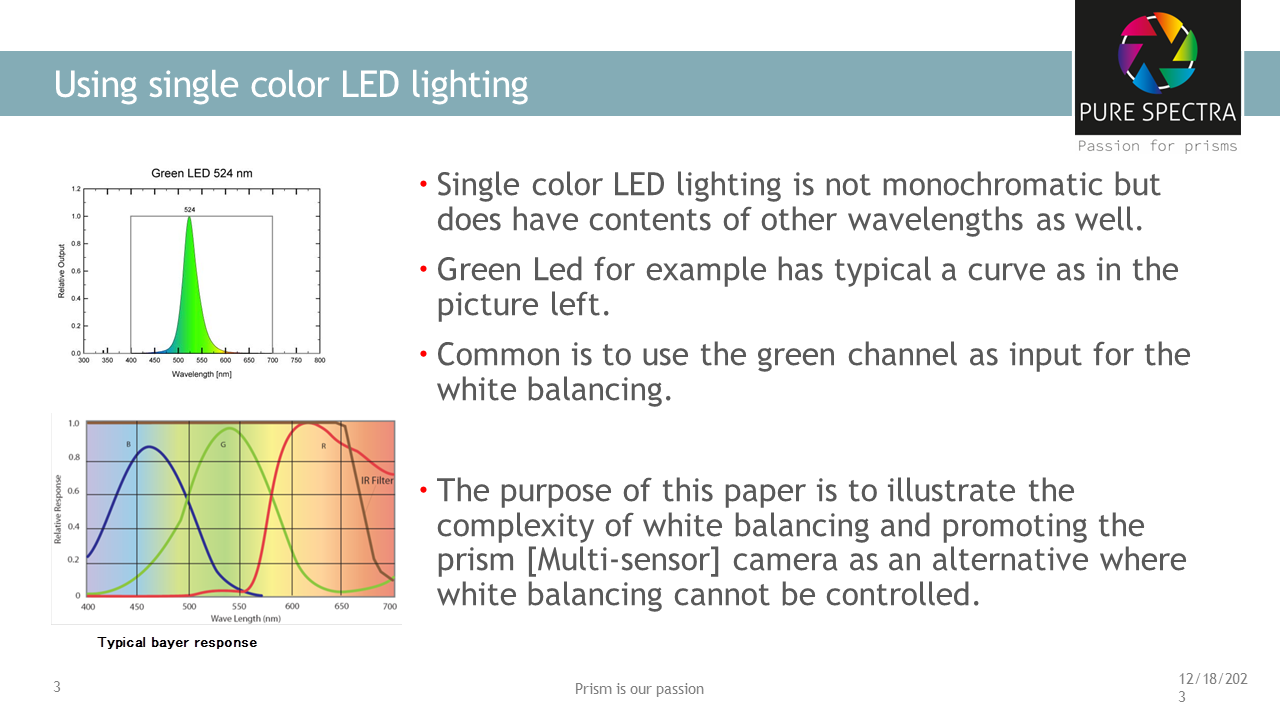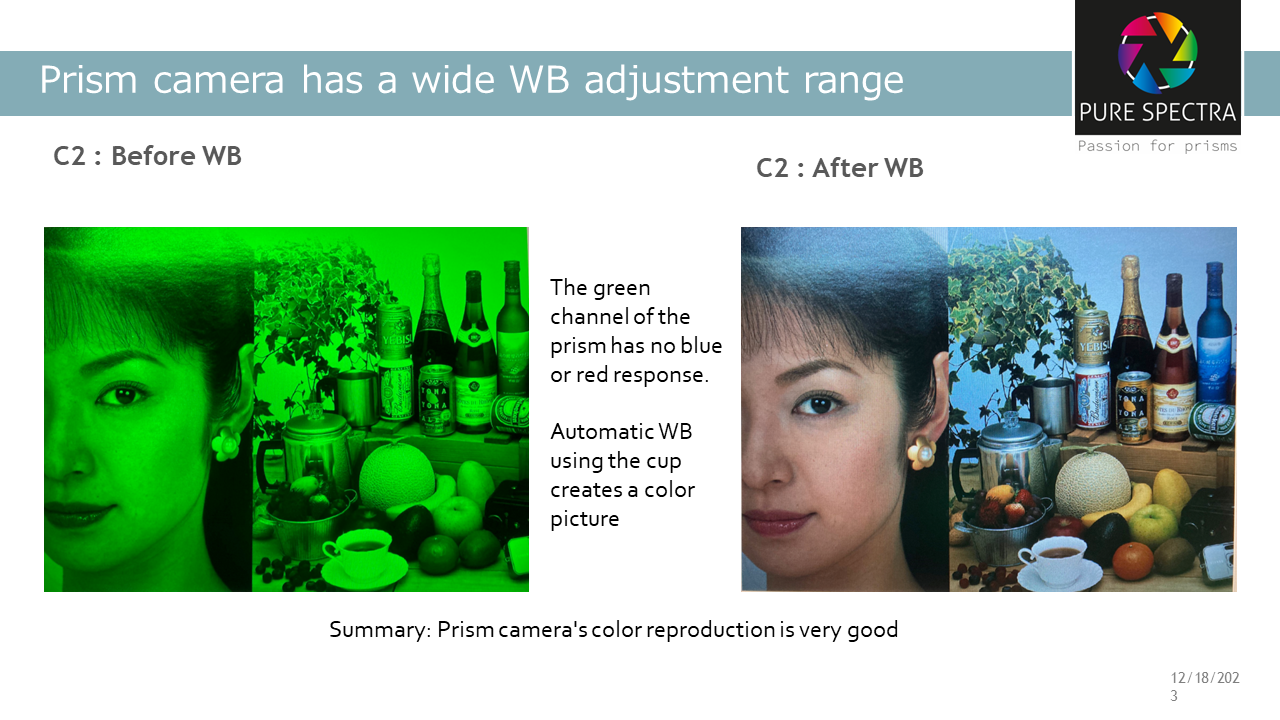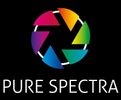White balancing in complex environments can be a challenge, especially when light conditions cannot be perfectly controlled. As a system developer, there are options available to achieve good white balancing even in these circumstances. For applications in industries like semiconductors or outside applications such as drones, where light conditions vary, prism cameras 1 prove to have a great added value. They can provide high color fidelity and help overcome the limitations of traditional white balancing methods. Prism cameras utilize dichroic prisms to separate the incoming light into different wavebands and direct those to different sensors. With the right manufacturing technology, a pixel-perfect alignment can be achieved on all sensors therefore the physical separation is not noticeable in the final images, while at the same time, the sensors can also be controlled completely independently. Click here for multiple webinars
When light conditions are not perfectly controlled, there are other options available to create good white balancing. For instance, cameras with Bayer based sensors can do good imaging with a light source of CRI close to 1. The Bayer algorithm, by software, can create perfect image quality. Color temperature between 4000k to 6000k kelvin has good color quality. Most cameras rely on other methods to measure and adjust the color accuracy, such as using presets, custom white balance, or color checkers .
In summary, prism cameras can be a solution for achieving accurate color representation in challenging environments. However, other methods such as using presets, custom white balance, or color checkers can also be used to achieve good white balancing in less complex environments.
Proof


Summary : Prism camera has better dynamic range of white balance.
